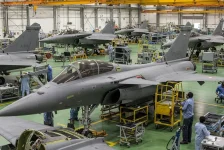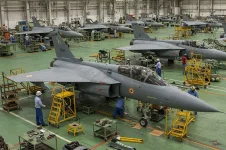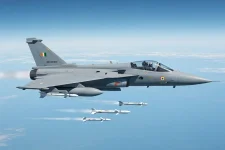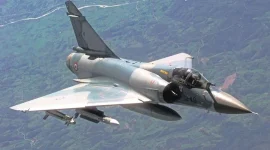- Views: 5K
- Replies: 32

The Indian Air Force (IAF) eyeing to extend service life of its aging MiG-21 Bison fighter jets due to ongoing delays in the delivery of Tejas Mk1A aircraft. The delays stem from a shortage of F-404 engines supplied by GE Aerospace, a critical component of the domestically produced Tejas Mk1A.
This decision comes as a setback to the IAF's modernization plans, which heavily relied on the timely induction of the Tejas Mk1A to replace the MiG-21 Bisons. Originally slated for complete retirement by 2025, the MiG-21s will now continue to fly, albeit at a reduced operational tempo, until sufficient Tejas Mk1A jets are delivered to form a full squadron.
The IAF had planned to establish the first Tejas Mk1A squadron in July of this year at Nal airbase near Bikaner, the current home of the last operational MiG-21 Bisons. However, the engine supply bottleneck has hampered production at Hindustan Aeronautics Limited (HAL), the manufacturer of the Tejas, pushing back the timeline.
The MiG-21 Bison, despite undergoing numerous upgrades since its introduction in the 1960s, is now well past its intended service life. While it has a long and storied combat history, the aircraft has also been associated with a number of operational accidents, raising concerns about its safety record.
The Tejas Mk1A, a lightweight multirole fighter, represents a significant leap forward in capability compared to its predecessor, the Tejas Mk1. It features advanced avionics, an AESA radar, enhanced electronic warfare systems, and expanded weapons carrying capacity.
Despite the delays, the IAF remains committed to the Tejas program. With the first Tejas Mk1A jets expected to arrive soon, the IAF is focused on completing squadron formations and ensuring operational readiness.
The IAF has 83 Tejas Mk1A fighters on order and plans to procure an additional 97 by the end of this year, underscoring its faith in the domestically developed platform.
This situation highlights the challenges faced by India to develop and produce advanced defence technology. Supply chain disruptions, particularly for critical components like engines, can significantly impact India's military modernization programs and force adjustments in strategic planning.





